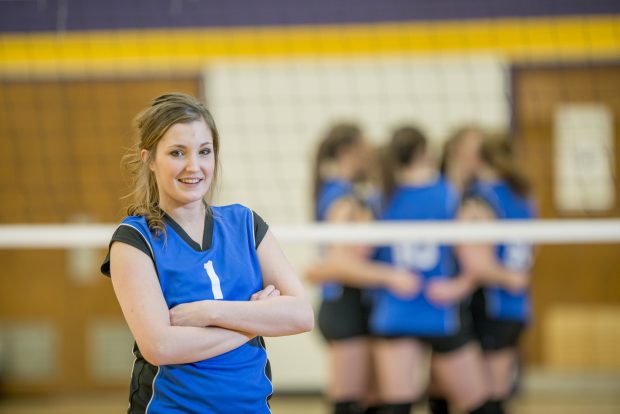
Today’s Education in the Media blog focuses on sports in schools and period poverty.
Sports in schools
Yesterday, Monday 18 February, the All Party Parliamentary Group (APPG) published a report looking into the effectiveness of the PE and Sport Premium. This was covered by the Times with their piece referencing calls for increased scrutiny of payments made through our increased PE and Sport Premium.
As well as referencing the Sport Premium, the report also recommends that school pupils should have a legal right to 75 minutes of break time per day. You can read the report in full here.
A Department for Education spokesperson said:
We want to make sure all children have a healthy and active lifestyle – that’s why we introduced the primary schools’ PE and Sport Premium, doubled in 2017 to £320 million a year. In spring we will set out our School Sport Action Plan, underlining our commitment to high-quality, protected PE and sport sessions for all pupils.
Schools are required to report their PE and Sport Premium spending plans online – publishing the amount they have received, how it has been spent, what impact it is having and how the spending will be sustainable in the future.
Period Poverty
Today, PA and ITV ran a story on ‘period poverty’. This was based on a survey by campaigning organisation the Bloody Big Brunch. The coverage reports that 27% of females have at times been unable to afford sanitary products.
We want sanitary products to be accessible to all young women and girls in education, and we are working to make this possible.
A DfE spokesperson said:
Through the Tampon Tax Fund £1.68 million has been made available to help distribute sanitary products to young women and girls in need across England.
Our guidance encourages schools to help girls cope with menstruation and we are providing more than £2.4bn Pupil Premium this year to support schools in meeting the needs of disadvantaged pupils.
Whilst our current analysis shows there is no evidence that period poverty has a significant nationwide impact on school attendance, we are continuing to look into this sensitive issue and schools can make sanitary products available if they identify access to products as a barrier to girls attending school.
Follow us on Twitter and don’t forget to sign up for email alerts.